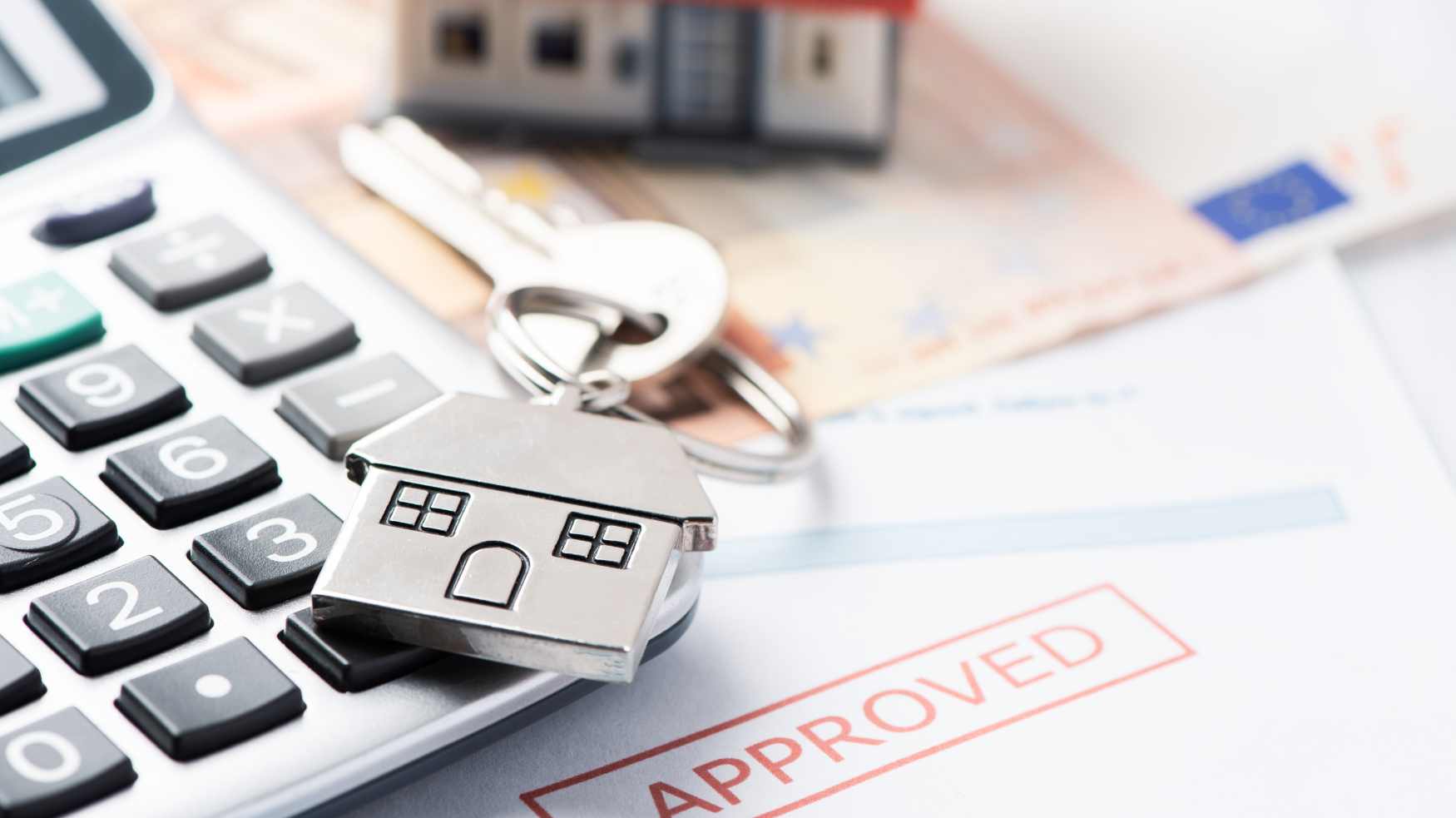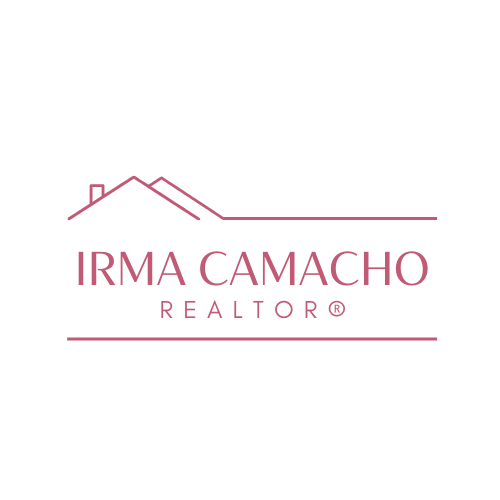Breaking Down Closing Costs: What First-Time Buyers Should Expect
Buying a home involves more than just the down payment. One of the crucial aspects of the closing process is understanding and preparing for closing costs. These costs can add up, so it’s essential to know what they entail and how to budget for them. Here’s a breakdown of what first-time buyers should expect when it comes to closing costs.

What Are Closing Costs?
Closing costs are the fees and expenses you need to pay at the closing of a real estate transaction. These costs cover various services and administrative tasks required to finalize the purchase of your new home. They typically range from 2% to 5% of the home's purchase price.
Common Closing Costs and What They Include
1. Loan Origination Fee
This fee is charged by the lender for processing the new loan application. It usually ranges from 0.5% to 1% of the loan amount. It covers the cost of underwriting and preparing your mortgage.
2. Appraisal Fee
An appraisal is necessary to determine the market value of the property. This fee is usually paid upfront and can range from $300 to $600, depending on the property’s location and size.
3. Home Inspection Fee
A home inspection is vital to uncover any potential issues with the property before closing. This fee typically ranges from $300 to $500. It’s a wise investment to ensure you’re aware of any repairs needed.
4. Title Insurance
Title insurance protects both the lender and the buyer against any issues related to the property’s title. It ensures that the title is clear of any liens or disputes. The cost can vary but generally ranges from $500 to $1,000.
5. Title Search Fee
A title search is conducted to verify that the property’s title is clear. This fee usually costs between $200 and $400 and is often included in the title insurance cost.
6. Escrow Fees
An escrow company manages the closing process, holding funds and documents until all terms of the sale are met. Escrow fees typically range from $300 to $700.
7. Property Taxes
You may need to prepay a portion of property taxes at closing. The amount depends on the timing of the sale and the local property tax rates. Your lender will provide an estimate based on the property's location.
8. Homeowners Insurance
Homeowners insurance protects your property against damage and loss. You may be required to pay the first year’s premium upfront at closing. Costs vary widely based on coverage and location.
9. Recording Fees
These fees are charged by local government agencies to record the sale and transfer of ownership. Recording fees typically range from $50 to $150.
10. Transfer Taxes
Transfer taxes are levied by the state or local government when the property changes ownership. The cost varies depending on the location and price of the property.
How to Prepare for Closing Costs
1. Budget Early
Start budgeting for closing costs as soon as you begin the home-buying process. Save a percentage of the purchase price to cover these expenses and avoid surprises.
2. Review the Loan Estimate
Your lender will provide a Loan Estimate within three days of your mortgage application. This document outlines the estimated closing costs, allowing you to prepare and plan accordingly.
3. Shop Around
For certain services, such as title insurance and home inspections, you can shop around for competitive prices. Comparing costs can help you save money.
4. Negotiate with the Seller
In some cases, you may be able to negotiate with the seller to cover a portion of your closing costs. Discuss this option with your real estate agent to see if it’s feasible for your situation.
5. Prepare for Prepaid Expenses
In addition to closing costs, you may need to prepay some expenses, like homeowners insurance and property taxes. Make sure you factor these into your budget.
Final Thoughts
Understanding and preparing for closing costs is a vital part of the home-buying process. By knowing what to expect and planning accordingly, you can ensure a smoother transition into your new home. Keep track of your budget, review all documents carefully, and work with your realtor and lender to manage these costs effectively.





